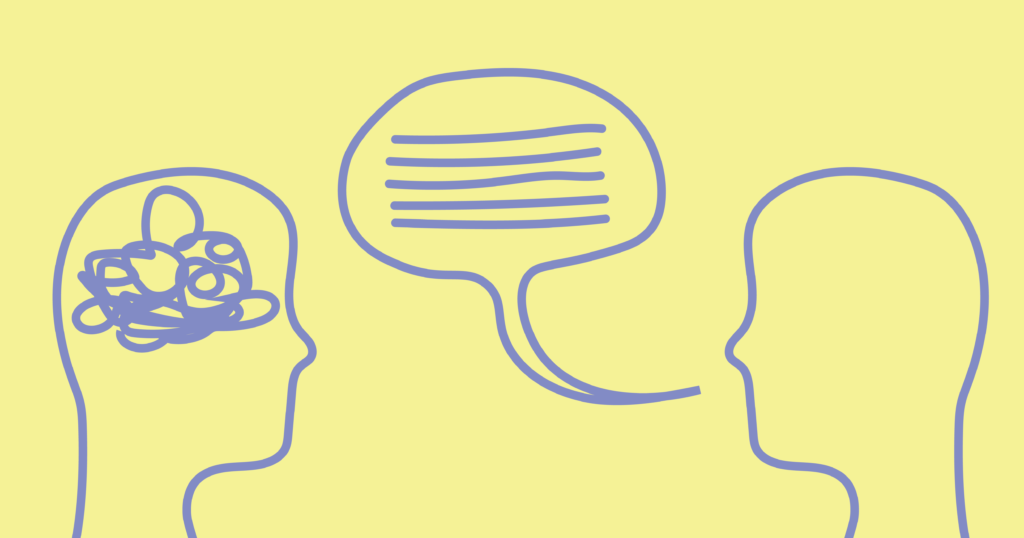Like many, I grew up in a politically divided family. Although it has admittedly led to our fair share of arguments at the dinner table throughout the years, good things have come out of our disagreements. It has undoubtedly taught me an important lesson: tolerance.
I am afraid that many of us have lost our ability to engage in civil discourse with people who aren’t brandishing our colors. “Republican” and “Democrat” have become such loaded words. They carry baggage that is hard to separate from any individual who identifies with one political party.
It’s not as if we just ignore each other, we do something much worse; we don’t hear one another. When these conversations between the two sides do occur, we are quick to attack and dismiss each other. It’s easy to assume that you already know what the opposition will say before they even speak, and when presented with a contrary opinion, oftentimes our first inclination is to try to explain off the bat why we are right and they are wrong. Not only is this approach almost always fruitless, but it’s also unproductive.
It’s impossible to effectively argue against a position that you don’t fully understand. The only way to get to this point of understanding is to hear the opposition fully and honestly. The end goal does not have to be coming to an agreement with your conversational partner or even coming to a compromise, it is to simply try to put yourself in the other person’s shoes and see where they are coming from and how they arrived at their conclusion.
Once we get to the point of having a mutual understanding of both side’s points, we need to better manage how we actually argue. A huge issue that rears its head often in political discussions is logical fallacies. You may not recognize the name but you’re certainly well acquainted with the tactics themselves. A few of the more notable ones are straw man fallacies, where an argument is incorrectly restated so that it can be taken and torn apart; ad hominem fallacies, where a person’s character is attacked rather than their opinions; and moral equivalence, where a minor offense is compared to a major atrocity. These tactics are harmful and neglect the main points of arguments as well as the issues at hand. Using fallacies is an ineffective way to debate and should be avoided at all costs, even when they are being used by your own side.
Before entering these situations, we have to be honest with ourselves about the real purpose of engaging in a political conversation with those on the other side. Is the goal to sincerely learn where your differences lie or are you just trying to prove that the other person is a jerk? It is hard to not let feelings cloud these kinds of discussions. Politics are personal, but it’s important to recognize that openly hearing the other side is not conceding, it’s getting to a point where you can fairly and logically examine the strengths and weaknesses of the opposition’s argument as well as your own.
Our inability to communicate with one another is an issue that needs to be addressed at the grassroots, as our nation’s leaders certainly aren’t setting a positive example. We need to be wary of these beaten paths that we so often find ourselves waking down when talking about politics and make it a point to approach our issues with logic and reason.
It is possible and even, dare I say, worthwhile to have conversations with people you do not agree with. It is not always an easy task and can seem impossible at times especially in today’s increasingly polarized political environment, but it is vital.
Editor’s Note: The North Wind is committed to offering a free and open public forum of ideas, publishing a wide range of viewpoints to accurately represent the NMU student body. This is a staff column, written by an employee of the North Wind. As such, it expresses the personal opinions of the individual writer and does not necessarily reflect the position of the North Wind Editorial Board.































